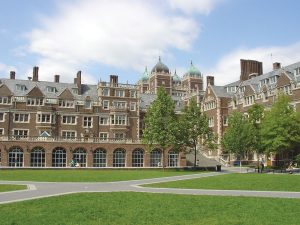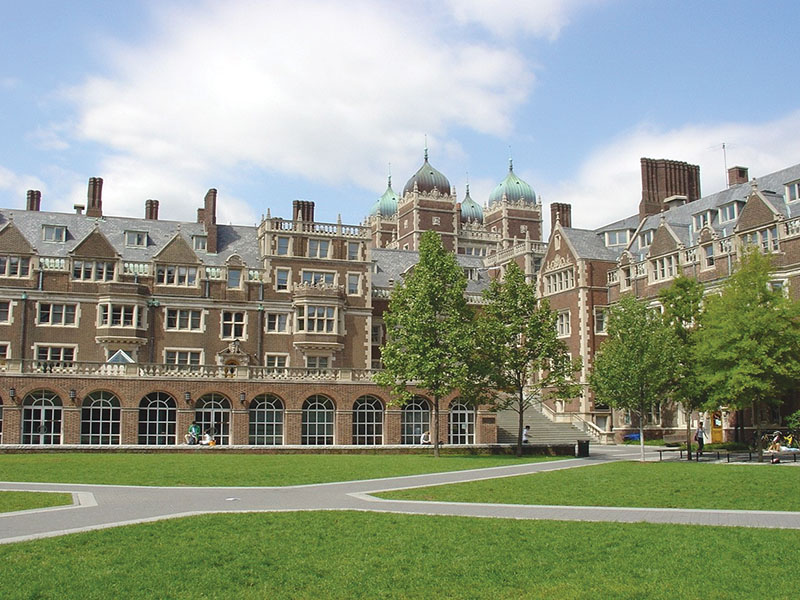No products in the cart.
United States: Varsities buckling under

Penn University: cave-in concessions
More elite institutions will begin making concessions to the Trump administration as the president strengthens his position via new legislation and increasing influence over the courts, according to experts.
Harvard University — which was praised for leading the “fightback” against “overreach” by Donald Trump — is reportedly in discussions to make a deal that could finally end its months-long dispute with the president. The move comes as Trump passed his “big, beautiful bill” that includes measures to hike taxes on the endowments of the wealthiest universities. The Supreme Court has also cracked down on lower-level judges blocking the president’s orders, restricting universities’ ability to use the courts to fend off attacks.
Ryan Enos, professor of government at Harvard, told Times Higher Education that it is “almost inevitable” that more and more institutions will try to appease the Trump administration as times goes on. “This is how authoritarians win: they make it hard on individuals to pay the cost of resistance.”
The White House also recently agreed to restore $175 million (Rs.1,522 crore) in federal grants to the University of Pennsylvania after it made concessions around trans athletes. Jonathan Zimmerman, professor of history of education at Penn, has accused leaders at the university of capitulating and losing “its own soul” in the process. “Even though I’m critical of Penn for caving, I understand that we are in a very real way depending on these dollars. Penn also has a $23 billion endowment so it’s a little hard to shed a tear for Penn…I guess I’m more worried about universities that are less wealthy than we are,” he told THE. In early July, Penn removed trans swimmer Lia Thomas’ individual swimming records and promised to apologise to athletes who may have lost to her.
Likewise, Trump’s attacks on media companies have led to a form of compromise, with out-of-court settlements part-funding his presidential library, and many law firms have agreed to do pro bono work for the administration. “For universities, it is not just the attacks on their curriculums and diversity programmes, it is also the fact that the administration’s increasingly aggressive immigration policies are reducing the number of international students who want to study in the US, which is having a significant impact on income,” says Andrew Moran, professor of politics and international relations at London Metropolitan University.
He also warns that the courts — seen by some as a potential saviour from threats to higher education — are increasingly losing their ability to enforce their decisions, and that judges become progressively conservative as cases work their way up the court system.















Add comment